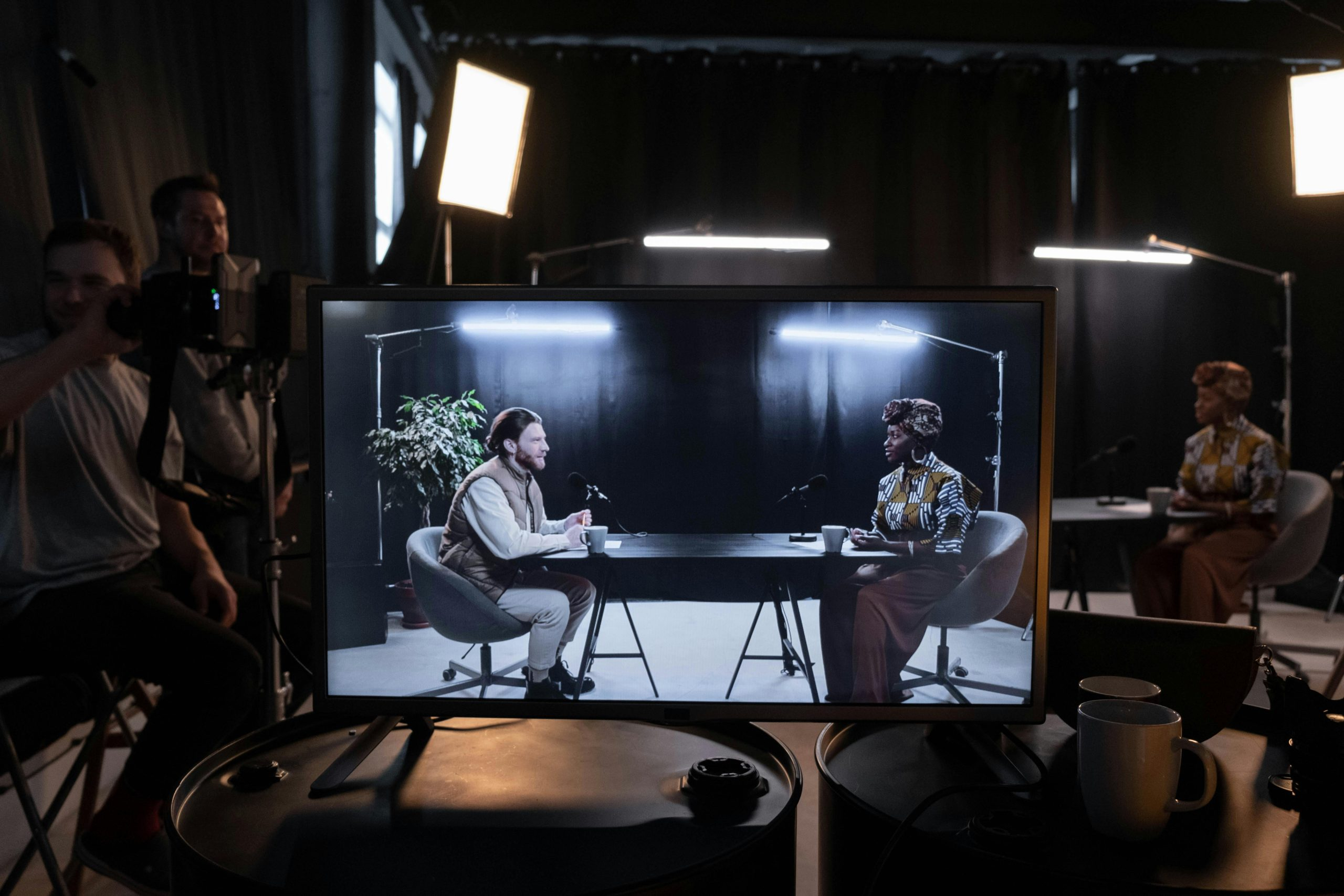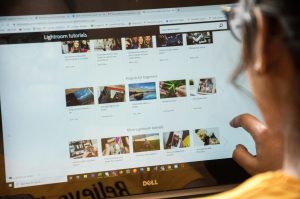Encouraging Critical Media Literacy for Digital Natives
In today’s digital age, it seems like everyone is a digitally native. With technology constantly advancing and becoming more integrated into our daily lives, it’s no surprise that younger generations are often referred to as “digital natives.” They have grown up surrounded by smartphones, social media platforms, and countless other digital outlets. But with this constant stream of information at their fingertips, it’s becoming increasingly important to encourage critical media literacy for these digital natives.
The Importance of Critical Media Literacy for Digital Natives
Before we dive into how to encourage critical media literacy for digital natives, it’s crucial to understand why it’s essential in the first place.
Media literacy can be defined as the ability to access, analyze, evaluate, and create media. It involves understanding how media messages are constructed, how they influence society, and how to use different forms of media to communicate effectively. Critical media literacy goes a step further by encouraging individuals to question the messages they receive from media sources actively.
For digital natives, who have grown up in a world heavily influenced by technology and media, critical media literacy is crucial for various reasons:
1. Developing Critical Thinking Skills
One of the primary reasons for encouraging critical media literacy for digital natives is to help them develop critical thinking skills. With so much information available at their fingertips, it’s essential to teach them how to sift through it critically. This skill will not only help them navigate the digital world but also in their personal and professional lives.
2. Avoiding Misinformation and Fake News
In today’s digital age, where social media platforms are a significant source of news for many, it’s essential to teach digital natives how to spot misinformation and fake news. With critical media literacy, they will be able to evaluate sources and recognize when something is not entirely accurate.
3. Navigating Digital Spaces Safely
Digital natives are often referred to as “tech-savvy,” but that doesn’t necessarily mean they know how to navigate digital spaces safely. Through critical media literacy, they can learn about online privacy, digital footprints, and how to stay safe in the digital world.
Encouraging Critical Media Literacy for Digital Natives
Now that we understand the importance of critical media literacy for digital natives let’s explore some ways to encourage it:
1. Start Early
The earlier we introduce critical media literacy to children, the more natural it becomes for them. From a young age, children are exposed to various forms of media, so it’s never too early to start teaching them about media sources, messages, and how to evaluate them critically.
2. Encourage Dialogue and Discussion
Encourage digital natives to question the media messages they receive and start a conversation about them. This dialogue will help them develop critical thinking skills and learn to question the media instead of blindly accepting it.
3. Expose Them to Different Forms of Media
Digital natives are often glued to their screens, whether it’s for social media, gaming, or other forms of entertainment. It’s essential to expose them to different forms of media, such as books, newspapers, and documentaries, to help them develop a more diverse perspective.
4. Teach Source Evaluation
Teach digital natives how to evaluate sources by looking at the author, date, and credibility. This skill will help them determine if a source is reliable or not and avoid misinformation.
Final Thoughts
Critical media literacy for digital natives is essential in today’s digital age. By encouraging dialogue and teaching them critical thinking and source evaluation skills, we can help them navigate the digital world safely and effectively. As technology continues to advance, it’s crucial to equip our digital natives with the tools they need to be responsible and informed consumers of media.
Encouraging critical media literacy will not only benefit digital natives personally but also society as a whole. It will help them become active and engaged citizens who can think critically and make informed decisions. So let’s work towards encouraging critical media literacy for digital natives and prepare them for the digital world ahead.










